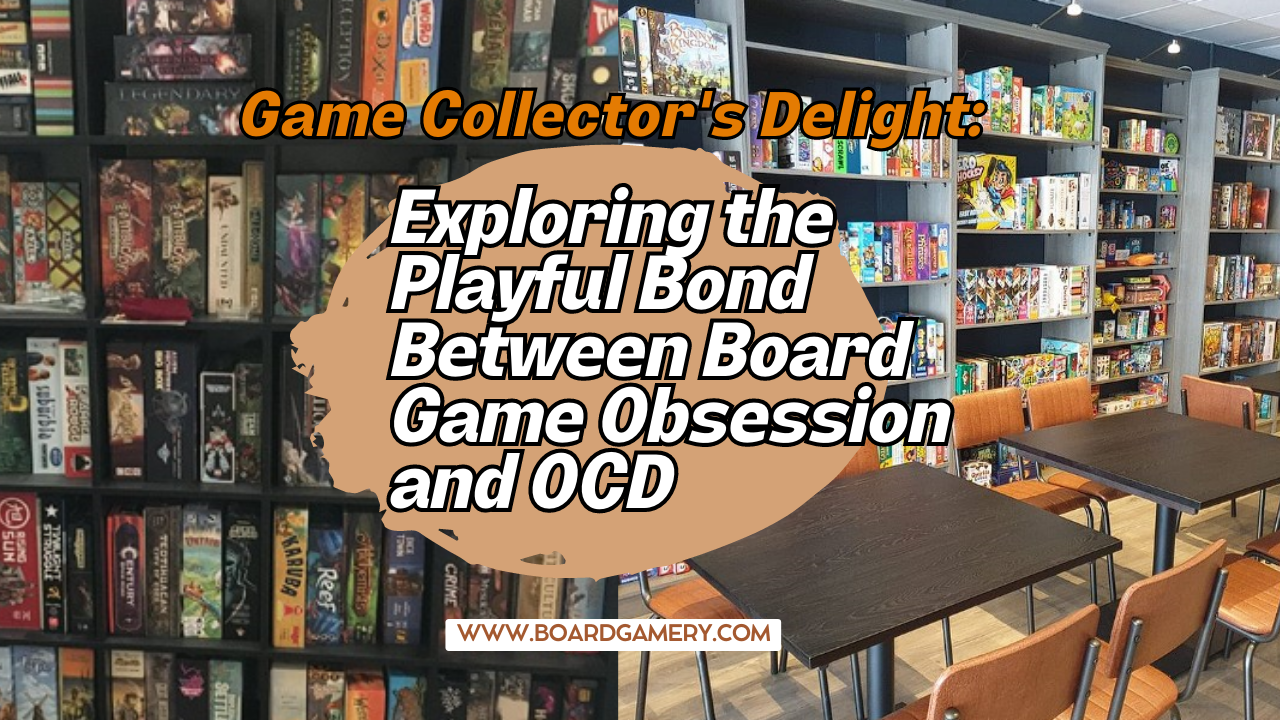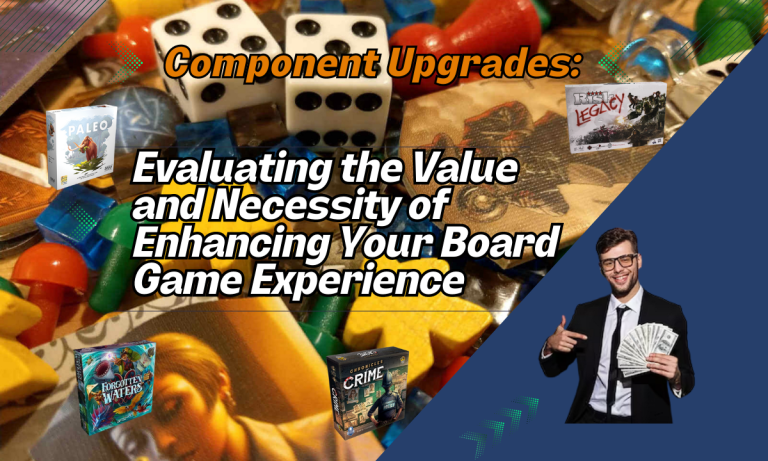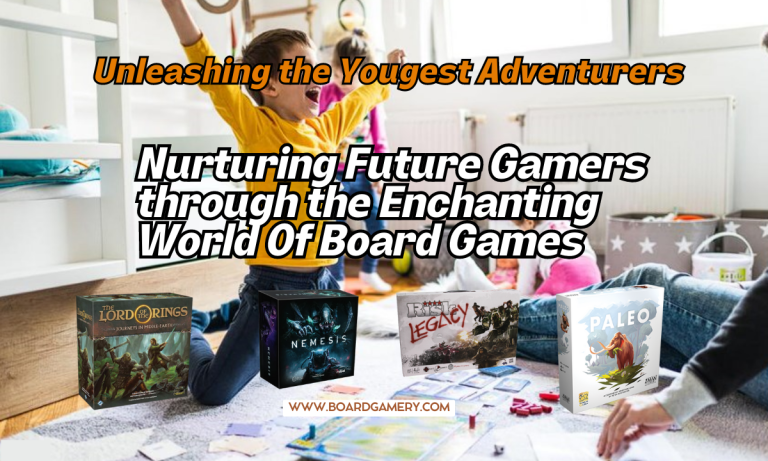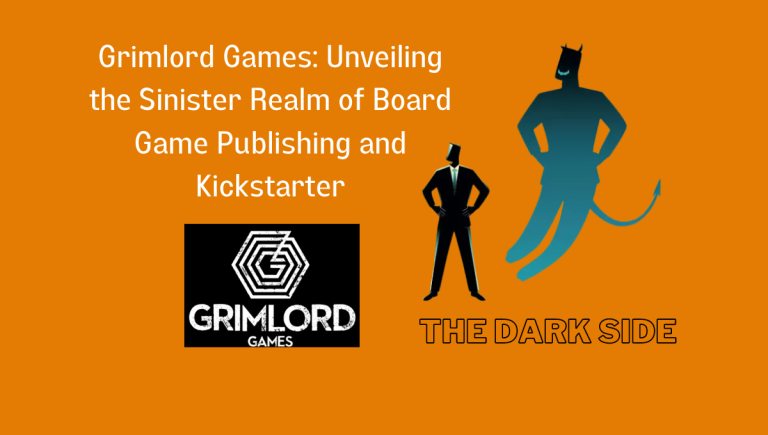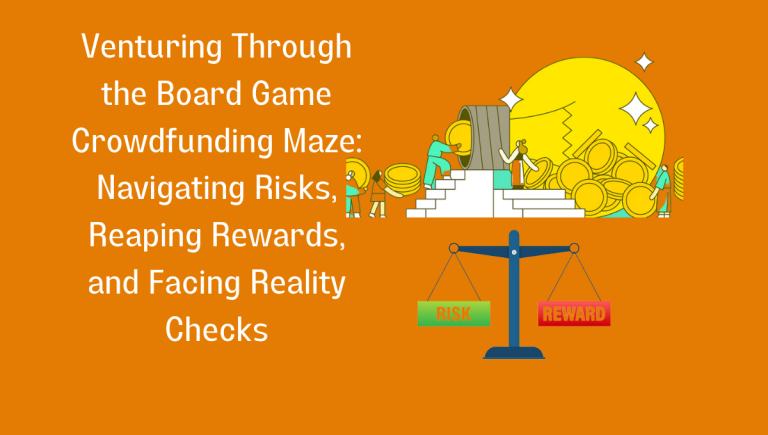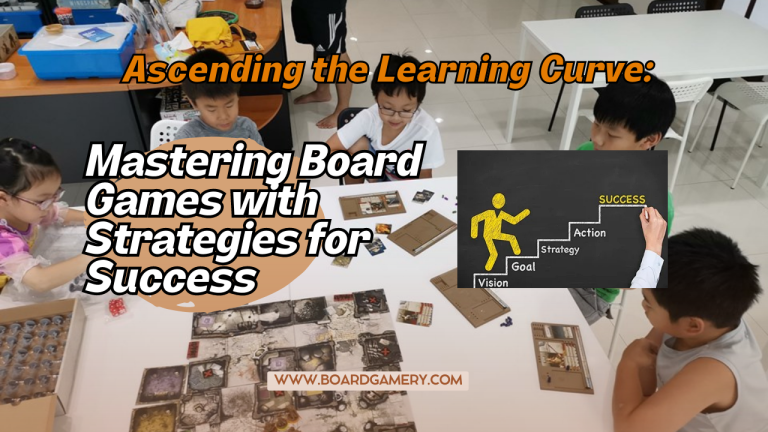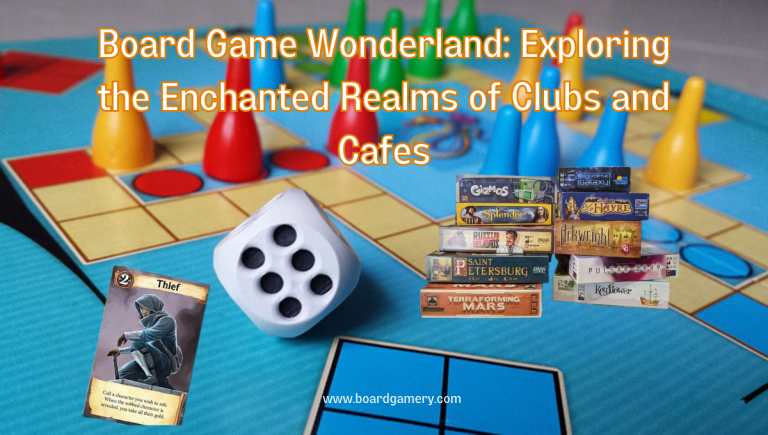Board Game Obsession: Exploring the Comical Connection Between OCD and Collecting
Board and Bored: The Comical Connection Between OCD and Collecting Board Games
Are you one of those people who love collecting board games? Do you marvel at the sight of board games neatly arranged on shelves, obsess over the organization of tokens and sleeves, and feel a slight flutter every time a new game joins your collection? Well, welcome to the wild and wonderful world of board game enthusiasts. And in case you haven’t guessed it already, this is a lighthearted exploration of the possible connection between OCD and collecting board games. So buckle up and join the ride, because there is a lot to unpack here!
The OCD Spectrum and Compulsive Purchasing
Now, before you start throwing dice at me in protest, I want to make it clear that we’re not trivializing the struggles of those who suffer from Obsessive Compulsive Disorder (OCD). Mental health diagnoses can be quite complex and nuanced, but with conversations and insight from personal experiences, we can attempt to better understand this fascinating web of connections.
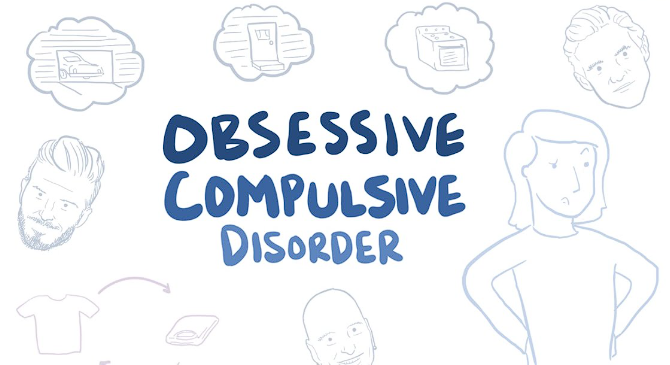
OCD is typically characterized by recurring, persistent, and unwanted thoughts (obsessions) accompanied by repetitive behaviors or mental acts (compulsions). People with OCD may also experience symptoms such as compulsive purchasing, which can function as a way to ward off intrusive thoughts. This is where the possibility of a link between OCD and collecting board games comes in.
Hobby or Disorder, Collector or Hoarder?
It’s important to acknowledge that collecting isn’t inherently a sign of OCD. Many people collect things ranging from stamps and coins to Funko Pop figures and, yes, board games. And let’s be real – organizing and taking care of a collection brings a sense of satisfaction and pleasure to most collectors. It’s not OCD, it’s just… human!
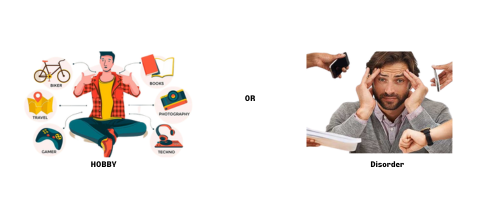
However, there can be a fine line between a healthy passion and a compulsive hobby. As with any collection, there is the risk of compulsive purchasing and hoarding. So, while collecting board games might not be a direct manifestation of OCD, it could function as an outlet for compulsive spending and surrounding oneself with a sense of control and order.
The Socially Structured World of Board Games
Another aspect to consider is the social aspect of board games. Gaming offers a structured environment with rules and roles, which can appeal to those who may find unstructured social interaction challenging. This, in turn, could also contribute to the desire to collect and surround oneself with board games. It’s worth noting that this could apply to individuals on the autism spectrum, where social challenges and OCD symptoms can be comorbid.
Anecdotes and Analogies: A Board Game for Every Obsession
At the end of the day, the connection between OCD and collecting board games is not a clear-cut, one-size-fits-all answer. But what we do know is that there is a little bit of truth to this comical notion. To further explore this idea, let’s consider some examples.
Picture this: Amy is a board game enthusiast with a slight case of OCD. She loves the feeling of satisfaction that comes with neatly arranging her games and has created a delightful color-coded spreadsheet to keep track of her collection. Does Amy have a problem? Maybe, maybe not!
Now imagine Ben, an avid board gamer who, when feeling down or overwhelmed, heads to his local game store and racks up yet another purchase, despite having an ever-growing backlog of unplayed games. Ben’s obsessive game-buying might be a coping mechanism or a way to distract himself from intrusive thoughts.
So, what’s the takeaway? It’s crucial to maintain a balance, recognize when a hobby becomes unhealthy or compulsive, and remember that mental health is fluid and complex. While collecting board games might not be a direct result of OCD, there is a fascinating spectrum of connections between the two.
The Way Forward
In conclusion, the world of board games is a beautiful, messy, and delightfully obsessive one. Whether it’s the sense of order that a neatly arranged shelf brings or the joy of discovering a new game to add to your ever-growing collection, let your board game hobby be a source of good vibes and camaraderie. Just keep an eye on that compulsive spending and hoarding, and keep the discussion going.
Who knows? With more understanding, we might just uncover a few more connections and discover the complexities that make the board game community an exhilarating and comical (yet compassionate) space for sharing experiences and passion.
